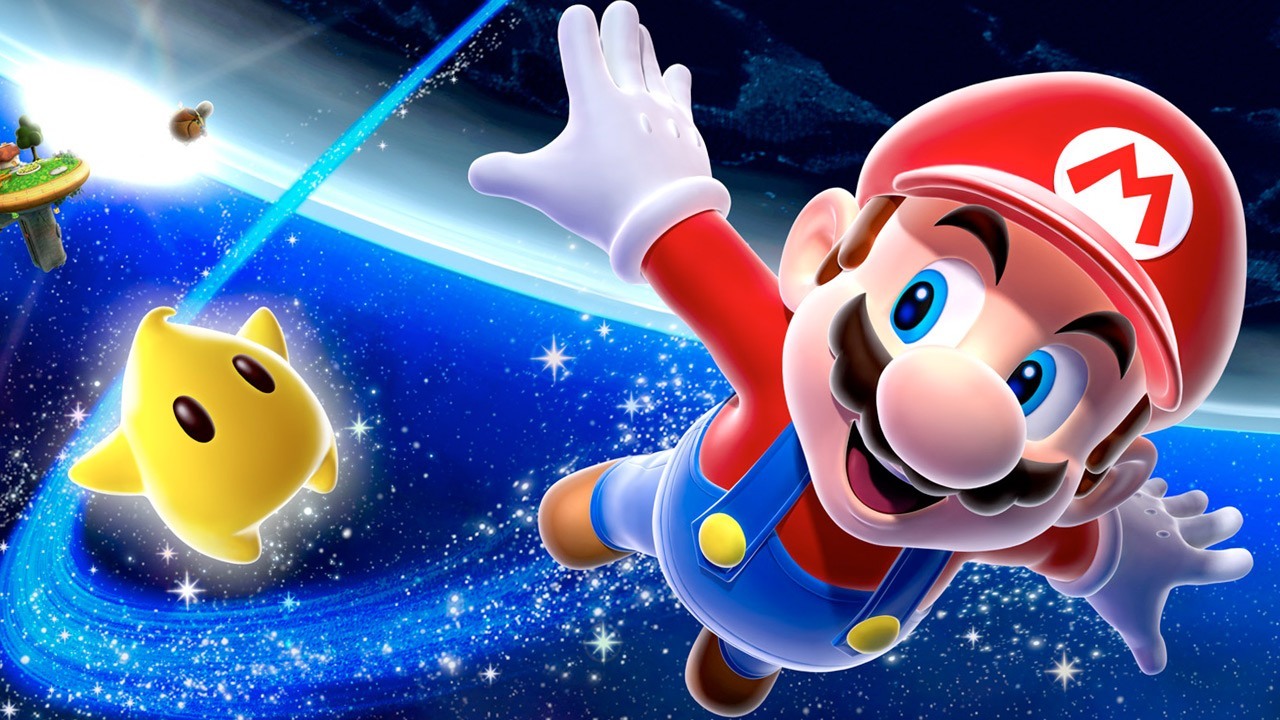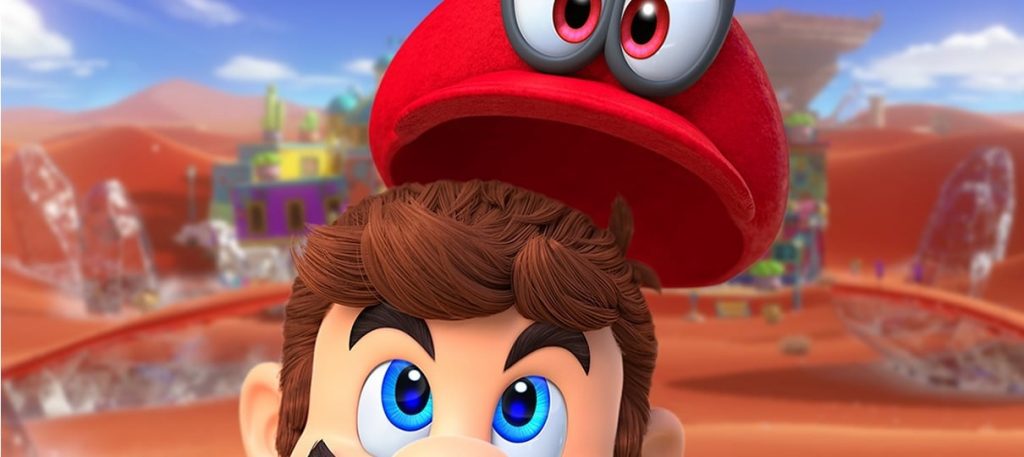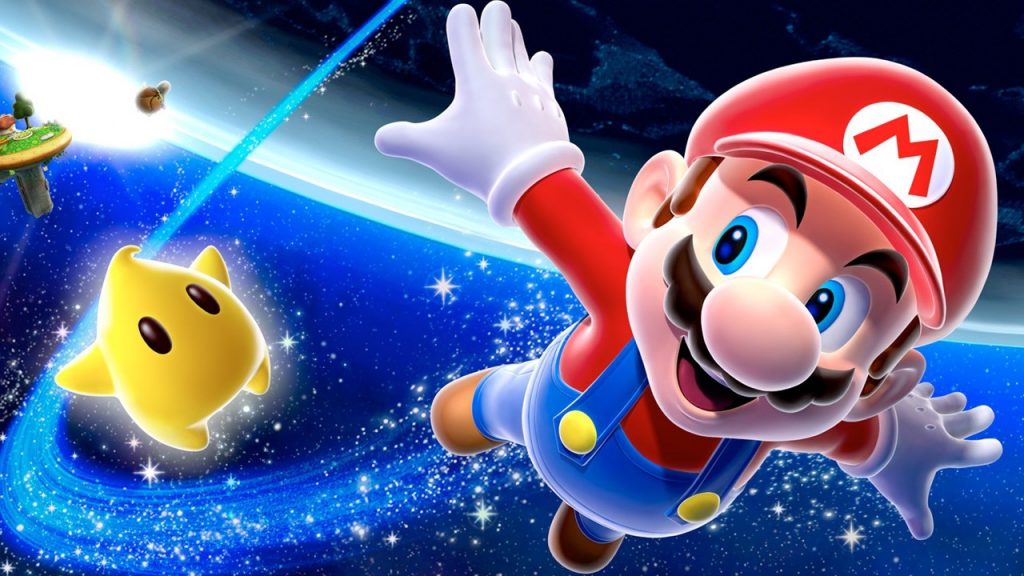On 27 October the video game Super Mario Odyssey was released worldwide by Nintendo for the Switch platform. It’s pretty safe to say that very few people in the world (except yours truly) is thinking about how this game series relates to Buddhism. And I can already guess what you’re thinking. You assume I’m writing nonsense to get attention. Actually, that’s not my intention at all. I enjoy thinking freely and writing from novel, informed perspectives that others might hopefully find interesting. Am I saying that Mario is a product of Buddhist thought? No, there’s no reason to suggest that. But it might be fun to consider how the world of Mario and that of Buddhism intersect. So as Mario would say, “Here we go!”
As I began to write this blog post, I operated under the assumption that no one else had shared their thoughts on this topic. As it turns out, I was wrong. Jane McGonigal (a video game designer and author) gave an insightful talk at the Buddhist Geeks Conference in 2012 entitled “Is Super Mario a Buddhist?”. Her main argument is that the Mario games help us achieve positive mental states: “There is something about gaming, in that way, that I think is similar to meditation. A lot of people play games during difficult times in their lives to avoid ruminating on it.”
From a traditional perspective, one wonders if this “video game yoga” could be in the same category as Vajrayana deity yoga practice, or the kasiṇa practice of Buddhaghosa’s Visuddhimagga in the Pali. This is a theologically or philosophically thorny issue to pursue. To make matters more challenging, many would argue that any visual aid to meditative practice is subtly hindering. McGonigal herself admits this novel form has its detractions: “But of course games in that sense are distraction. So it’s not exactly being fully present to our lives. It’s like being fully present to a different life.” Is there something wrong with Dhamma practiced virtually? I’m not honestly sure.
She goes on to argue that there is some connection between the qualities necessary to follow the Noble Eightfold Path and the qualities necessary to be a successful gamer. She lists curiosity, brightness, joy, concentration, right effort, equanimity, and mindfulness. The first three are arguably non-traditional Western accretions, but as I’m not a militant kind of person I acknowledge their validity for a certain kind of practice. There is certainly something to be said for the value of surmounting obstacles through the power of the mind. (The Goomba Sutta, anyone?)
So far the discussion has centered on the relationship between the game and the player. What about the Buddhist facets of Mario himself? We can see some overlap between the role Mario plays in his virtual world and the role of a bodhisattva. He consistently acts to release others from suffering; he has a kind of innate benevolence that makes the game enjoyable. Also, Mario doesn’t carry the weight of the past. He is repeatedly confronted with puzzles, attacks, and setbacks. But he comes to every new crossroads with the fresh mind of someone who wants to have fun overcoming them. As juvenile as this raw material may be, the qualities he embodies are certainly not foreign to the Buddhist world.
The next time you visit your temple or center or home practice area you should wear suspenders and a plumber’s hat and shout “Here we go!” in an Italian accent. Actually, don’t do that. It will bring on some suffering. But the idea is interesting, no?



